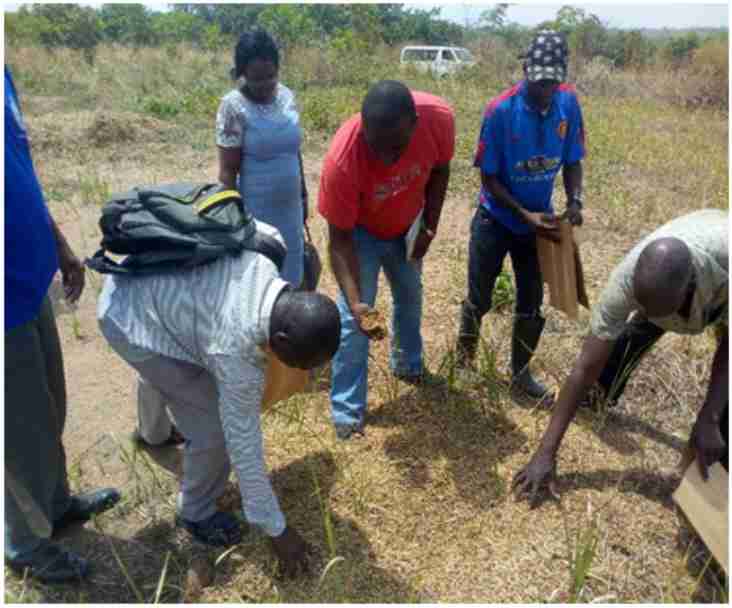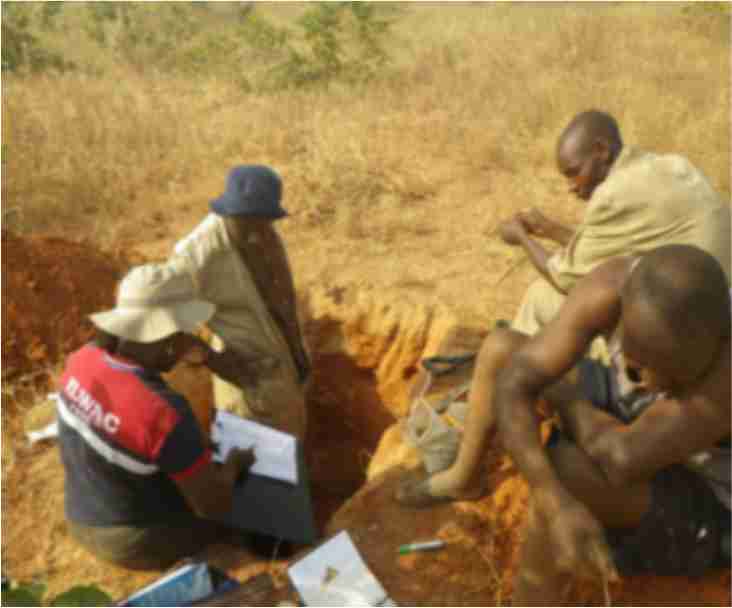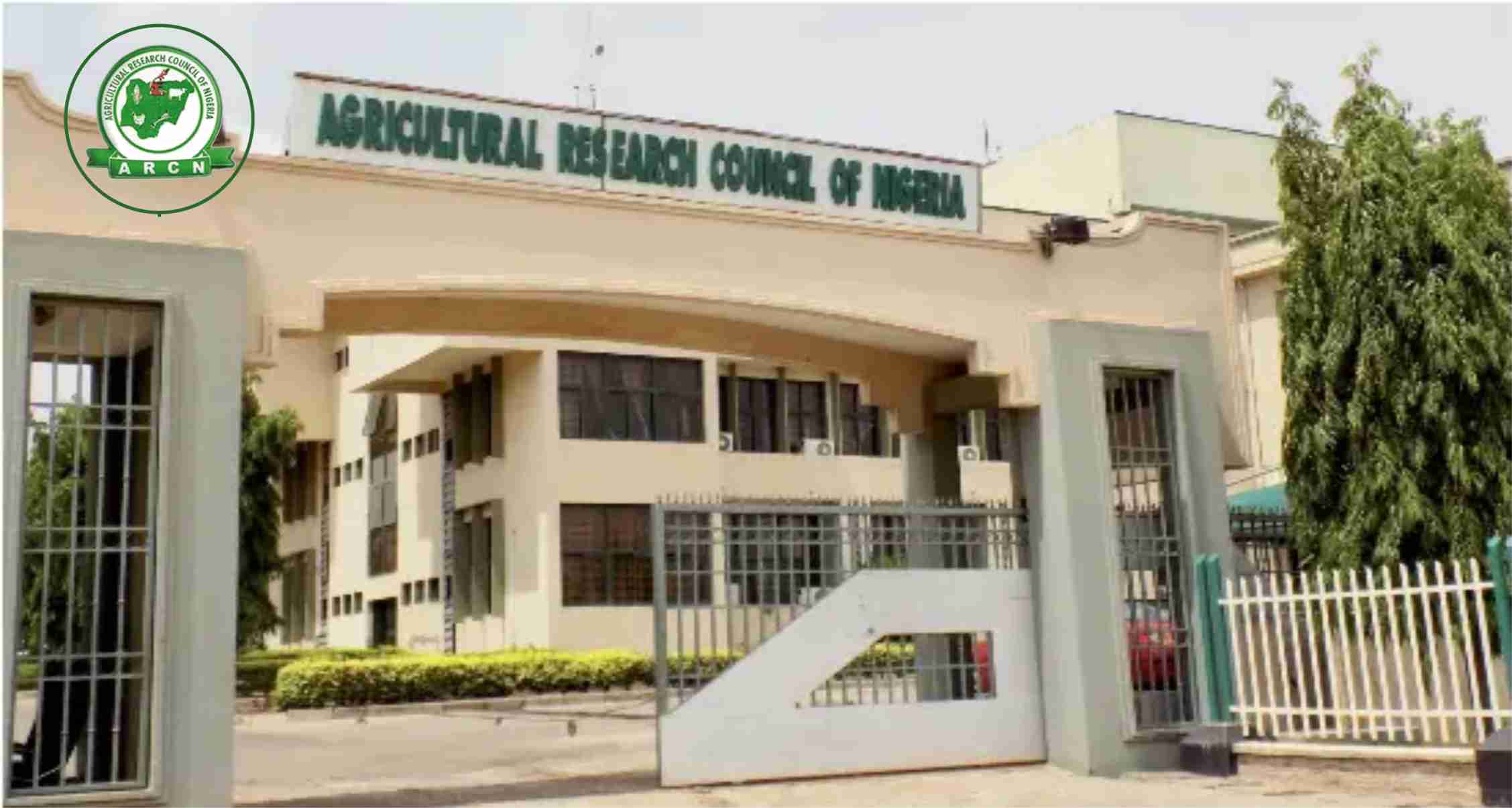Agriculture remains the backbone of Nigeria’s economy, employing over 70% of the population and contributing significantly to food security and national development. Amidst this centrality of agriculture lies the critical role of research and innovation, spearheaded by institutions like the Agricultural Research Council of Nigeria (ARCN). Established in 1975 and later transformed under the Agricultural Research Council Act of 1999, the ARCN has become a cornerstone for agricultural development, driving research, innovation, and capacity building across the sector.
The ARCN is mandated to coordinate, supervise, and promote agricultural research, technology development, and dissemination across Nigeria. This pivotal role ensures that research outputs are not only practical but also tailored to the unique agro-ecological zones of the country. The Council envisions a Nigeria where sustainable agricultural practices and innovations transform livelihoods, boost food production, and foster economic growth.
The ARCN operates under the Federal Ministry of Agriculture and Rural Development, coordinating the activities of over 15 National Agricultural Research Institutes (NARIs) and their associated colleges. These institutions span various fields, including crop production, livestock, fisheries, forestry, and agricultural mechanization. By aligning these institutes’ efforts, the ARCN fosters synergy and maximizes the impact of agricultural research on the nation’s economy.
The ARCN has facilitated the development and dissemination of numerous improved crop varieties through its affiliated research institutes. These varieties, including disease-resistant and high-yielding maize, rice, and cassava, have significantly increased productivity and resilience against climate change. The adoption of these improved varieties has not only enhanced food security but also contributed to the export potential of Nigerian agricultural produce.



The Council has also been instrumental in livestock and fisheries research. Breakthroughs in animal breeding, disease management, and feed formulation have improved livestock production, while innovations in aquaculture have bolstered the fisheries sector. These advancements have created new income opportunities for farmers and enhanced protein availability for the population.
ARCN’s efforts to promote mechanization have transformed traditional farming methods, making agriculture more efficient and appealing to the younger generation. Research outputs in areas such as soil management, irrigation technologies, and pest control have been widely adopted, reducing labor intensity and increasing overall productivity.
Through training programs, workshops, and extension services, the ARCN has empowered farmers, extension workers, and researchers with the skills and knowledge required to drive agricultural transformation. These initiatives have bridged the gap between research outputs and field application, ensuring that innovations reach the grassroots level.
While the ARCN has recorded notable achievements, it operates in an environment fraught with challenges. Funding constraints, limited infrastructure, and the brain drain of skilled researchers are some of the hurdles faced by the Council. To address these challenges, the ARCN has embraced public-private partnerships, leveraged international collaborations, and advocated for increased government investment in agricultural research.
The Council’s collaboration with global organizations such as the Food and Agriculture Organization (FAO) and the International Institute of Tropical Agriculture (IITA) has enhanced its research capabilities and facilitated the exchange of best practices. Furthermore, initiatives like the Competitive Agricultural Research Grant Scheme (CARGS) have provided funding opportunities to support innovative research projects.

As Nigeria strives to achieve food sufficiency and diversify its economy, the ARCN’s role will become even more critical. The Council plans to expand its research focus to include emerging areas such as climate-smart agriculture, biotechnology, and digital farming. By leveraging advancements in artificial intelligence, remote sensing, and data analytics, the ARCN aims to develop precision farming techniques that optimize resource use and increase productivity.
In addition, the Council is working on strengthening its partnerships with private sector stakeholders, recognizing the importance of commercialization in scaling up research outputs. By fostering a vibrant ecosystem where research meets industry needs, the ARCN aims to drive the growth of agribusinesses and create jobs across the value chain.
The Agricultural Research Council of Nigeria stands as a testament to the transformative power of research and innovation in agriculture. Through its dedication to advancing knowledge, fostering collaboration, and addressing real-world challenges, the ARCN has significantly contributed to the growth and sustainability of Nigerian agriculture. As the nation faces the dual challenges of feeding a growing population and adapting to climate change, the ARCN’s work will remain indispensable in shaping a resilient and prosperous agricultural sector.
By continuing to invest in research, embrace technology, and empower stakeholders, the ARCN can lead Nigeria’s agricultural revolution, ensuring food security and economic prosperity for generations to come.



